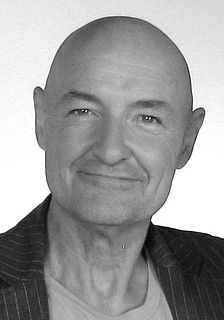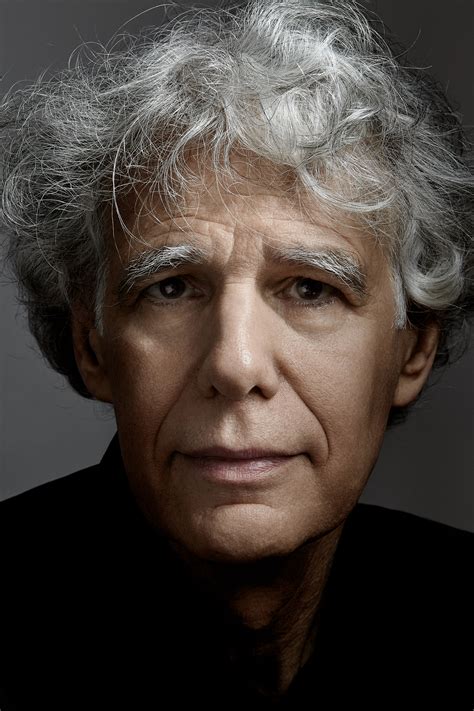A Quote by Verne Troyer
I went to see the film with a regular audience for the first time on Sunday, and was basically swamped.
Related Quotes
We made 'Mickey and the Bear' with barely any money with a first-time director, a first-time director of photography, and a crew who had just graduated from NYU film school. We were all very much in this together for the first time. There's no famous actor or big explosions. It's not a Marvel movie. I thought nobody was going to see this film.
My audience is comprised of three categories. The first category contains the people who decide after the first five minutes that they've made a mistake and leave. The second category is the people who give the film a chance and leave annoyed after 40 minutes. The third category includes the people that watch the whole film and return to see it again. If I'm able to persuade 33% of the audience to stay, then I can say that I've succeeded.
I think the biggest challenge was being aware of a certain audience that was going to see this film [lone survivor]. There's a big difference from a typical movie, journalists and critics and film goers that go see it find that, that's the general experience you have as a filmmaker. So that just kind of proves my point that there's a really different audience.
It's very important that a film that intends to play tricks on the audience... has to play fair with the audience. For me, any time you're going to have a reveal in the film, it's essential that it have been shown to the audience as much as possible. What that means is that some people are going to figure it out very early on. Other people not til the end. Everybody watches the film differently.
The first thing I say when people ask what's the difference [between doing TV and film], is that film has an ending and TV doesn't. When I write a film, all I think about is where the thing ends and how to get the audience there. And in television, it can't end. You need the audience to return the next week. It kind of shifts the drive of the story. But I find that more as a writer than as a director.
In 1946, the year I was born, Yankee Stadium was only 23 years old. But from my perspective as a boy, it had been around forever. At age seven, I saw it for the first time. As I grew older and was allowed to navigate the city's subway system on my own, I went to Sunday doubleheaders with friends on a regular basis.



































